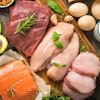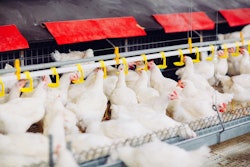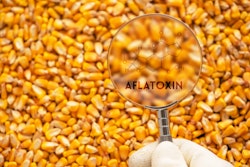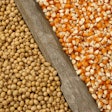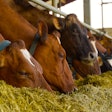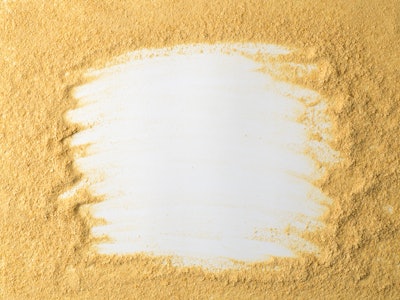
Piglets from sows fed supplemental yeast show signs of improved immune and gut health, according to new research from Purdue University, but researchers are still working out exactly why.
In the study, piglets from sows that were fed live yeast during gestation and lactation showed improvements in several key physiological metrics. Although the piglets themselves did not receive a yeast supplement, the researchers observed that the piglets' gut seemed to mature faster, potentially helping the piglets fight disease and better absorb nutrients. The piglets were also more likely to express genes associated with better immune health and reduced oxidative stress.
But why these changes occurred remains the million-dollar question, according to Kolapo Ajuwon, a professor of animal sciences at Purdue University and one of the authors on the paper.
Previous studies have indicated that feeding supplemental live yeast to sows during gestation and lactation improves the performance of the piglets post-weaning. Those prior studies, Ajuwon said, were primarily why Purdue chose to conduct this experiment; they hoped that by looking for physiological changes in the piglets, they might better understand exactly how maternal yeast supplements work.
Their findings in this study help to narrow down the potential modes of action. Yeast has a complex molecular structure, Ajuwon said, but some of the sugars it contains, such as beta glucans, are known to trigger a response by the immune system. Structures within the cell wall of yeast can have the same effect. So it is possible, he said, that the yeast is recognized by the sow's immune system, and that leads to changes in immune function that are passed to the piglets.
It might also be possible that the yeast is broken down by the sow and passed to the piglets in the milk or some fashion, but further study — including ongoing research at Purdue evaluating the contents of milk from sows fed live yeast — will be necessary to tease apart exactly what is going on, Ajuwon said.
In the meantime, Ajuwon said he believes there is enough evidence to support the benefits of maternal yeast supplementation for producers to consider a commercial trial of their own. Appropriate live yeast products are readily available on commercial markets and already used by some producers, he said. The Purdue trial used a commercially available live yeast at the recommended doses of .05% during gestation, and .1% during lactation.
“Some of the production practices or other factors at the local site could affect the response to the supplement, so that's why I say people should try it and, if it works, that is fine. If it doesn't, maybe they don't get as much benefit because of the local conditions,” Ajuwon said. “But I would say it's worth trying.”

